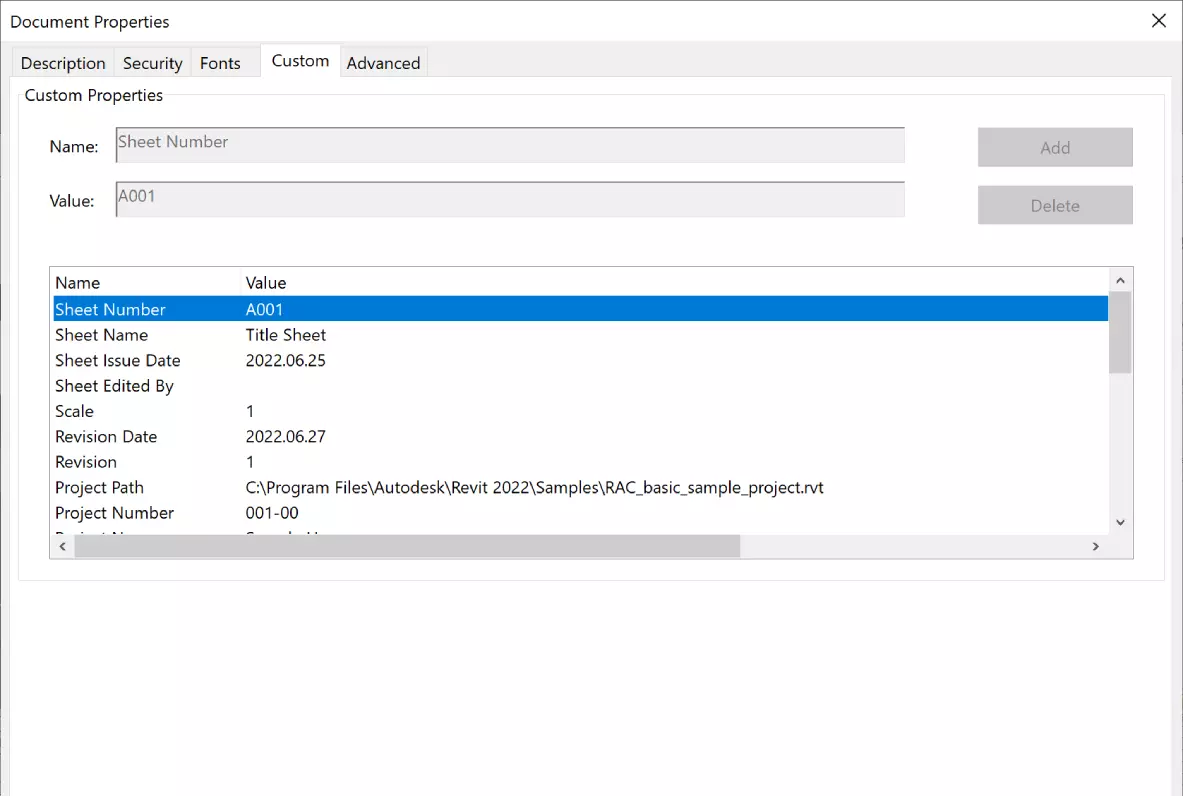In order to keep Revit speedy, one needs to compact the file storage during the night automatically. In this article, we will analyze the reasons to compress the document and the automation technique to achieve that without any effort using iSync.
Revit Plugins Blog
-
-
In most cad software, it is possible to do autosave, but the same is not included by default in Revit unless we use an application to help do that. This article will go through the steps to enable autosave in Revit using the iSync plugin.
-
Working with large Revit models is usually quite painful. Many operations take a long time to complete; one may need a powerful processor and large enough memory. But the question is, why is Revit so slow? Let's look at what Autodesk says and what they do not tell about it.
-
There are a few methods to create toposurfaces in Revit. There has been a long debate on the best approach regarding accuracy and convenience. In this article, we shall compare two processes: using contour lines from a CAD file and using Lidar point clouds.
-
As part of the BIM methodology, one stores large amounts of information during the project and the building´s lifespan. But not everybody accesses this information from a Revit model. Deriving data from BIM models into other file formats such as PDF is crucial.





